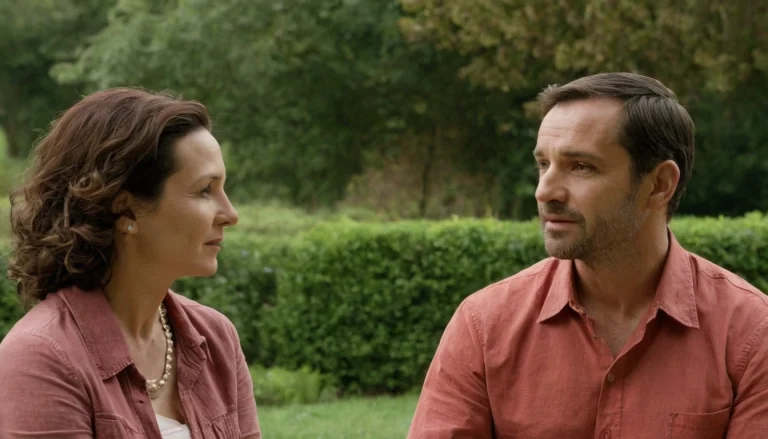When Your Partner Has a Different Career Pace: Finding Harmony
Balancing a relationship is already a challenge, but when you and your partner are on different career trajectories, it can add another layer of complexity. One of you may be climbing the corporate ladder with long hours and high ambitions, while the other enjoys a slower, more stable career. These differences can create misunderstandings, frustration, and even resentment if not managed well. However, with the right approach, a relationship can thrive despite—or even because of—these differences.
Understanding the Impact of Different Career Paces
Having different career paces doesn’t mean a relationship is doomed. However, it does mean both partners need to be aware of how their professional choices affect each other. Here are some common challenges that arise:
- Mismatched schedules: One partner may work late nights or travel frequently, while the other has a predictable 9-to-5 routine.
- Financial disparities: A high-earning partner may have different spending habits than one with a more modest salary.
- Different levels of stress: A demanding career can leave one partner mentally drained, while the other may have more emotional bandwidth for the relationship.
- Long-term goals: Ambition levels may vary, leading to different expectations about career growth, relocation, or work-life balance.
Real-Life Example: Learning to Adapt
Emma and Ryan had been together for five years when their career paths began to diverge. Emma, a doctor, worked long shifts and was often on call, while Ryan, a freelance graphic designer, enjoyed a flexible schedule. At first, their differences led to arguments—Emma felt guilty for missing date nights, and Ryan felt neglected. Over time, they learned to adapt by planning quality time in advance and respecting each other’s professional commitments. They also developed a habit of daily check-ins to stay emotionally connected, even when their schedules didn’t align perfectly. If you want to explore more about balancing ambition and relationships, read our article here.
Strategies for Finding Harmony
1. Communicate Openly About Expectations
Honest conversations about work commitments, stress levels, and future career plans can prevent misunderstandings. Discuss questions like:
- How do we define success individually and as a couple?
- What are our expectations for quality time together?
- How do we handle periods of high workload?
2. Respect Each Other’s Career Choices
It’s essential to acknowledge that different career paces don’t mean different levels of ambition or dedication. One person’s choice to work fewer hours doesn’t make them less driven, just as working overtime doesn’t mean neglecting the relationship.
3. Be Flexible and Adaptable
Rather than trying to force a traditional relationship model, find what works for both of you. If schedules are unpredictable, make the most of the time you do have together, whether that means spontaneous lunch dates or weekend getaways.
4. Avoid Comparison and Resentment
Resentment can creep in if one partner feels like they’re making more sacrifices than the other. Instead of comparing who works harder or earns more, focus on supporting each other’s personal and professional fulfillment.
5. Create Shared Goals
Having mutual aspirations—whether it’s saving for a home, traveling together, or planning for retirement—helps keep both partners aligned despite career differences. Shared goals foster teamwork and keep the relationship strong.
Real-Life Example: A Balanced Partnership
David and Lisa have been married for ten years, and their careers couldn’t be more different. David is a corporate executive with a demanding schedule, while Lisa runs a small home-based business. Instead of letting their differences drive them apart, they embraced them. Lisa appreciated David’s career drive and found ways to support him, while David made a conscious effort to be present at home when he could. Their relationship flourished because they saw their differences as complementary rather than conflicting.
Finding Strength in Differences
Different career paces don’t have to be a source of tension—they can be an opportunity for growth. By practicing open communication, mutual respect, and flexibility, couples can navigate their professional differences while strengthening their emotional connection. In the end, love isn’t about having identical schedules or ambitions; it’s about supporting each other’s journey, no matter the pace.
It’s common for partners to have different career speeds—one might be climbing the ladder while the other seeks stability. If you’re thinking long-term, you might find useful advice in Long-Term Love and Career Growth: How to Plan for the Future. And if career differences are causing emotional distance, read Emotional Distance: How to Reconnect When You Feel Like Strangers.







